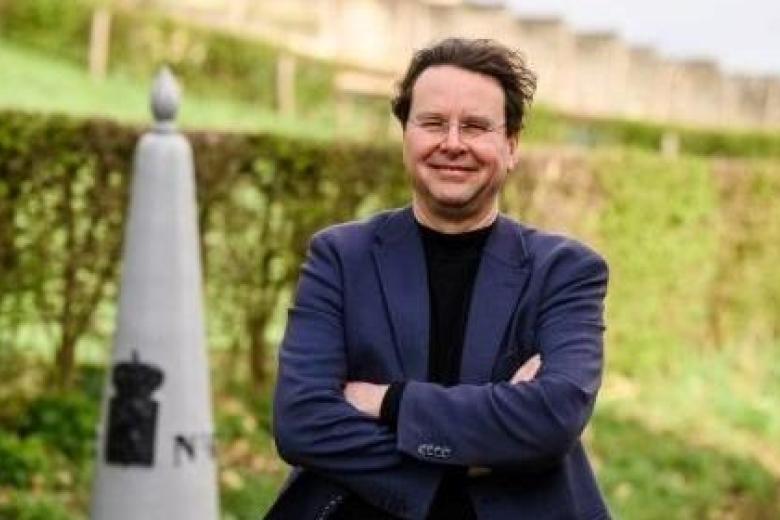Europe Experts UM
Maastricht University has a number of experts specializing in European subjects, who conduct in-depth and interdisciplinary research.
On this page, you can view our Europe experts, divided into the following subject areas:
- History, Elections, Democracy, and Political Relations
- Climate and Energy
- Eastern Europe
- Health Regulations
- Economy
- Migration
- Legal Perspectives
History, Elections, Democracy, and Political Relations
Patrick Bijsmans
Keywords: Euroscepticism, EU politics and international relations, our attitudes toward Brexit, new media and democracy, youth
Operating out of Maastricht, also the birthplace of the Maastricht Treaty, Bijsmans deal with Eurosceptism, among other things. "We have created Europe. Now for the Europeans." Are we on the right track? How do people, over the years, view Europe?
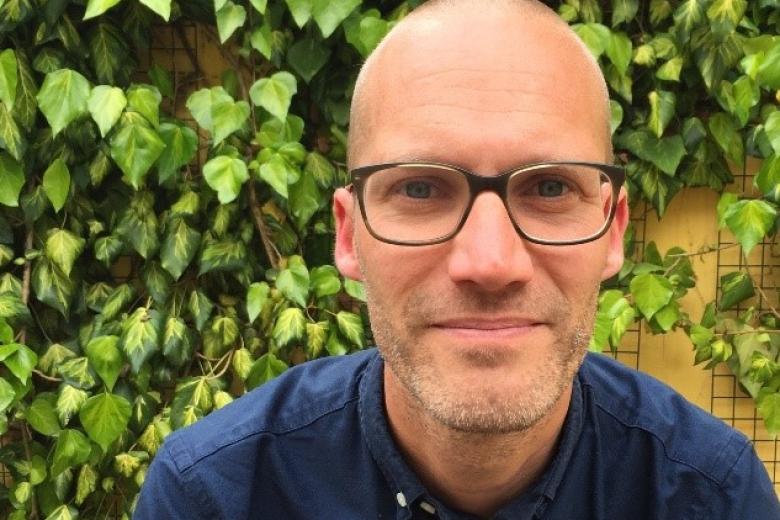
Hylke Dijkstra
Keywords: European security, peace and conflict, international organizations
Professor Dijkstra currently leads a major study on global governance reform. Global governance and key multilateral institutions, such as the United Nations, the World Trade Organization, and the Paris Climate Agreement, find themselves in increasing problems. They are being challenged by emerging powers, such as China and other BRICS countries, who have different views on global order. Russia's war on Ukraine has further undermined international cooperation and created a stalemate in global governance. Nationalist populism, especially the Trump administration in the United States, has exposed the fragility of multilateralism. This is especially worrisome for Europe. How can we strengthen global governance from within the EU?
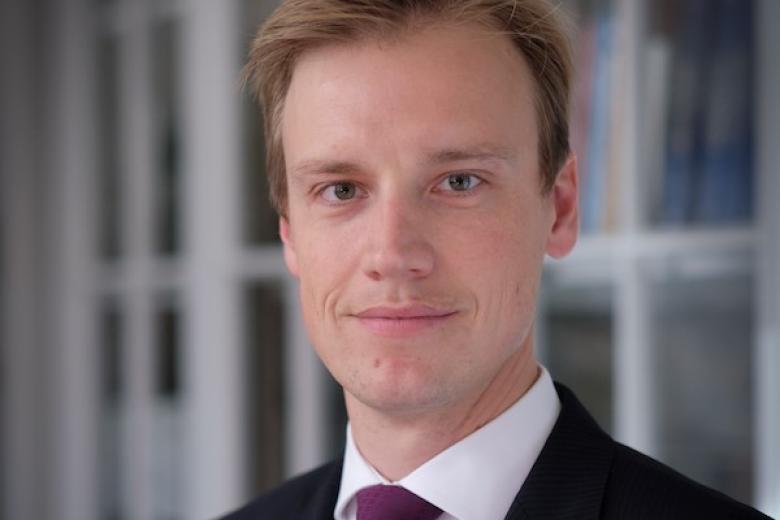
Kai Heidemann
Keywords: Sociology, Social Movements, Active Citizenship, Community-Based Education, Education Reform, Inequality
Kai Heidemann is Assitant Professor of Sociology at University College Maastricht within Maastricht University. His research merges the sociological study of social movements with the sociology of education. He also has a background in sociolinguistics and the study of language politics and policy-making. Dr. Heidemann is especially interested in the historical and qualitative examination of community-driven education reform movements and the ways in which grassroots actors try to influence educational systems and policies. He has explored these themes in Europe (France, Belgium, Spain), South America (Argentina), and the United States.
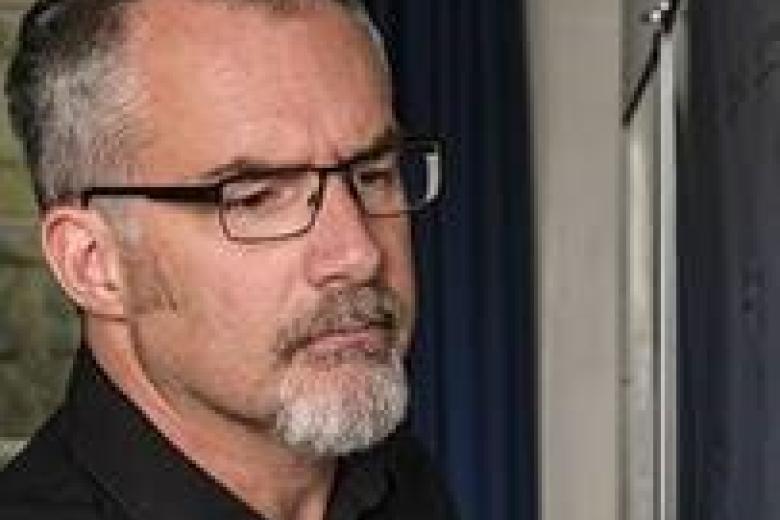
Giselle Bosse
Keywords: EU foreign policy, EU democracy, alliances, human rights
Dr Giselle Bosse is Associate Professor and Jean Monnet Chair in EU International Relations at Maastricht University, and a fellow at Carnegie’s European Democracy Hub. Her research focuses on EU enlargement, the European Neighbourhood Policy and the EU’s Eastern Partnership, EU democracy promotion and civil society support, and EU relations with Ukraine and Belarus specifically. She has acquired several major research grants as principal investigator, including VENI, HESTIA and ASPASIA grants from the Netherlands Organisation for Scientific Research. She is a work-package leader in two EU Horizon-funded projects, EMBRACE and INVIGORATE, which examine EU democracy promotion in the European neighbourhood. Bosse has published her research in many international journals and books, inter alia in the Journal of Common Market Studies, Geopolitics, Europe-Asia Studies and Cooperation and Conflict, and has contributed to several commissioned studies for EU institutions. She is co-director of the Centre for European Research in Maastricht, and a visiting professor at the College of Europe (Bruges) and the Diplomatic School of Armenia (Yerevan).
g.bosse@maastrichtuniversity.nl

Climate and Energy
Michiel Bron
Keywords: oil industry, nuclear energy, alternative energy sources, sustainability
Michiel Bron is a PhD candidate in the field of contemporary history of science and technology, focusing on the development of nuclear energy since World War II. He studies the influence of oil companies on the development of nuclear power in the era of scarcity debates, focusing mostly on the 1970s.
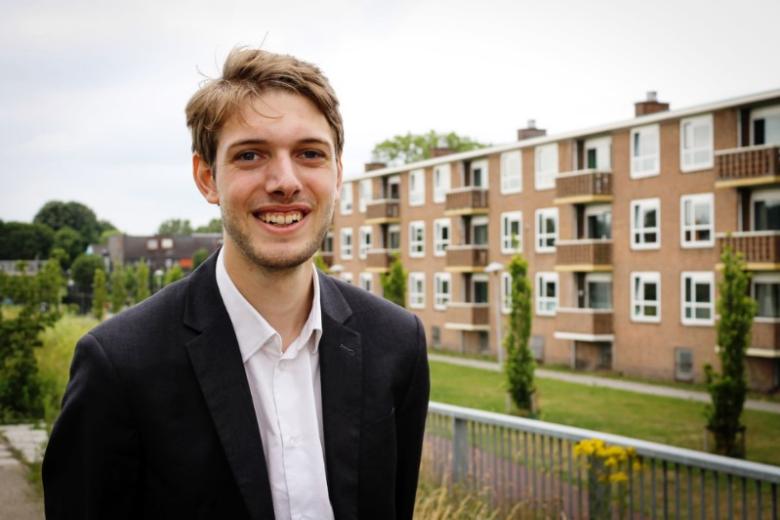
Patrick Huntjens
Keywords: EU Green Deal, energy transition, sustainable economy, Paris climate agreement, fossil industry, EU Carbon Border Adjustment Mechanisms (CBAMs)
The economic system on which the world runs is crashing. We are facing it head-on: the climate crisis, the ecological crisis, the biodiversity crisis, the growing inequality between rich and poor. Many of our current crises are interrelated; they are symptoms of an underlying systemic problem. It is time for a new social contract, according to Patrick Huntjens. His 2021 book "Towards a Natural Social Contract" was awarded the Nautilus Book Award for best book of 2022. The book is considered to be the founder of a rapidly growing international movement that meets in the Global Research and Action Network for a New Eco-Social Contract, led by UNRISD and Green Economy Coalition, and more than 350 participating organizations, including UN agencies, civil society organizations, businesses, researchers and journalists.
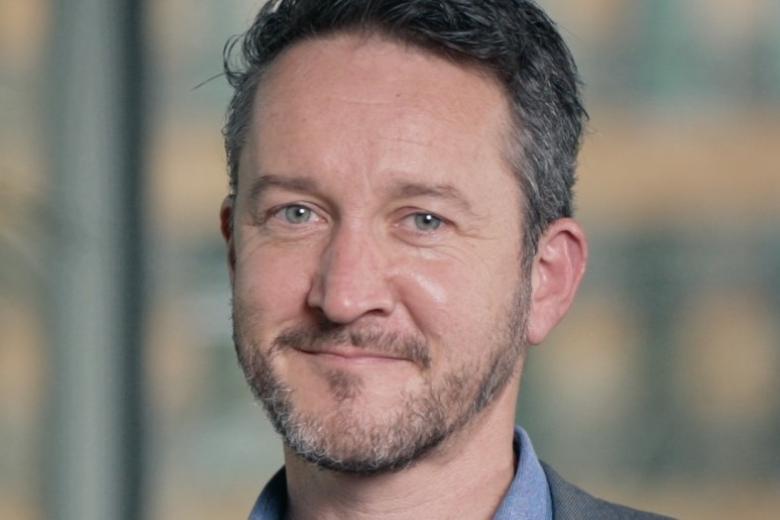
Eastern Europe
Marielle Wijermars
Keywords: Internet policy, digital platforms, censorship, propaganda and disinformation (especially in Eastern Europe), Russia-Ukraine war, online freedom of expression, press freedom
Dr. Mariëlle Wijermars is an Assistant Professor of Cyber-Security and Politics. She researches Internet freedom and the human rights implications of Internet policy and platform governance. She looks at how authoritarian states, such as Russia, attempt to control and restrict the spread of information and the role that (inter)national platform companies play in implementing Internet censorship.

Ferenc Laczó
Keywords: History, European studies, political and intellectual history
Ferenc Laczó is assistant professor in history. Ferenc's main research interests lie in political and intellectual history, modern and contemporary European and global history, the history of mass violence, and questions of history and memory. He acts as an editor of the Hungarian Historical Review and heads the History of Ideas section at the Review of Democracy. He has reviewed over a hundred books, among others, in Contemporary European History, East Central Europe, Europe-Asia Studies, Holocaust and Genocide Studies, Journal of British Studies, Slavic Review, The Historian and Zeitschrift für Ostmitteleuropa-Forschung.
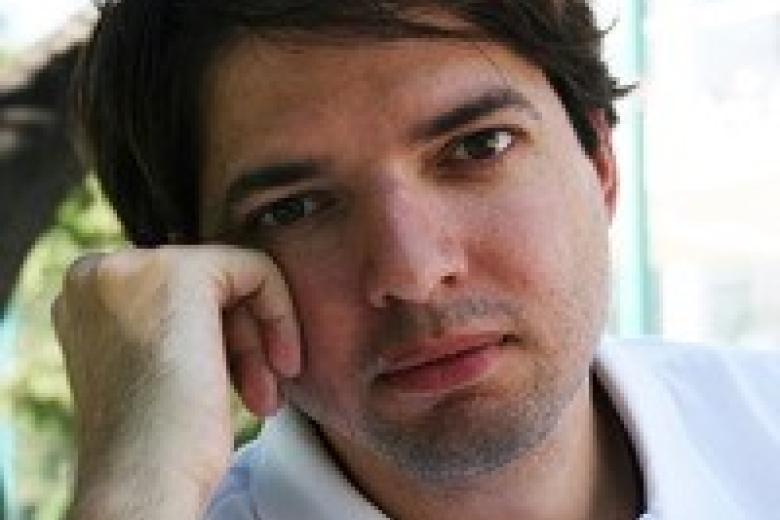
Health Regulations
Keywords: Food information, food safety, health claims on e.g. labels, European regulations regarding food, such as food innovations (e.g. meat substitutes)
Why can you not just say that your product is the healthiest? What are the safety requirements for our food, and why? And do all the safety, health, and sustainability rules protect consumers well enough against deception? As a food scientist, Alie is interested in the development and use of food information on the safety, health, and sustainability of food products.
a.deboer@maastrichtuniversity.nl
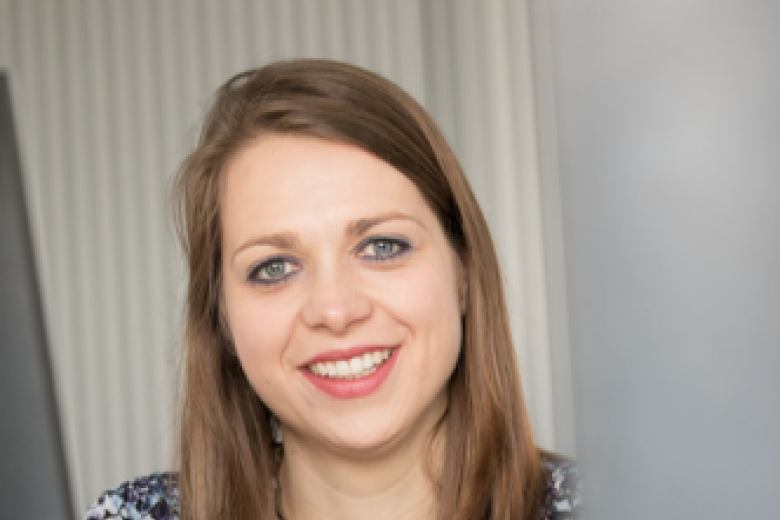
Economy
Lisa Brüggen
Keywords: retirement benefits, financial well-being of citizens/consumers, retirement communications
Lisa Brüggen is an internationally recognized expert in financial services, financial behavior, choice guidance and retirement communications. She obtained NWO and Netspar grants for her research on retirement communication and how to better prepare for approaching retirement. Further, She likes to bridge the gap between science and practice and shares her findings with the pension industry in an accessible way.
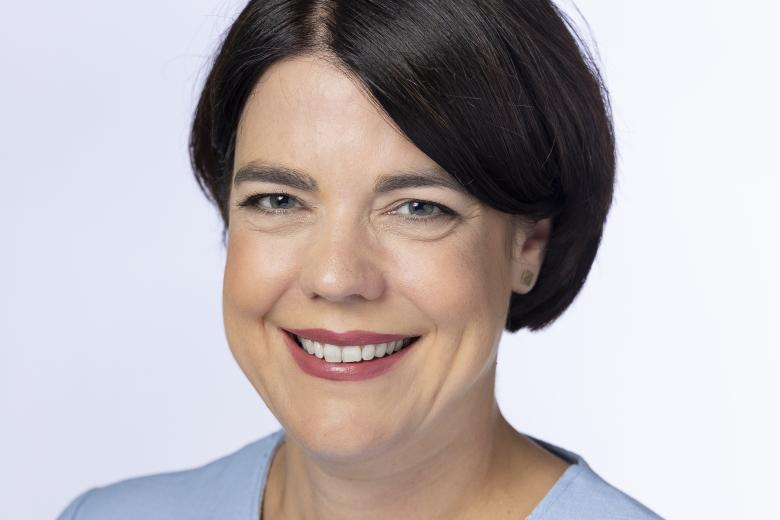
Migration
Legal Perspectives
Caroline Cauffman
Keywords: Consumer law, European competition law, Comparative law, Digitalization, Online Platforms
The European Union was founded as an economic union with the internal market, free movement, and free competition as its core values. Those core values are still present today. With time, however, it has become clear that these values cannot be all-important. Both in the field of competition law and consumer law, there is room for sustainability: anti-competitive agreements between companies can, under certain conditions, be justified by sustainability considerations; in the field of consumer law, consumer empowerment is interpreted as the power to participate in the green (r)evolution through consumption behavior. This evolution is quite justified, nevertheless, caution is needed. Sustainability claims must not be misused to allow companies to put their own interests ahead of those of the consumer. Besides the concern for sustainability, the increasing digitalization is one of the central concerns of the European Union in the 2020s. This is also evident in the field of competition and consumer law and has given rise to a whole stream of new EU legislation that will continue to swell in the coming years. Is this legislation capable of addressing the current and future challenges of the digital society? Will the increasingly complex network of regulations remain coherent and manageable?
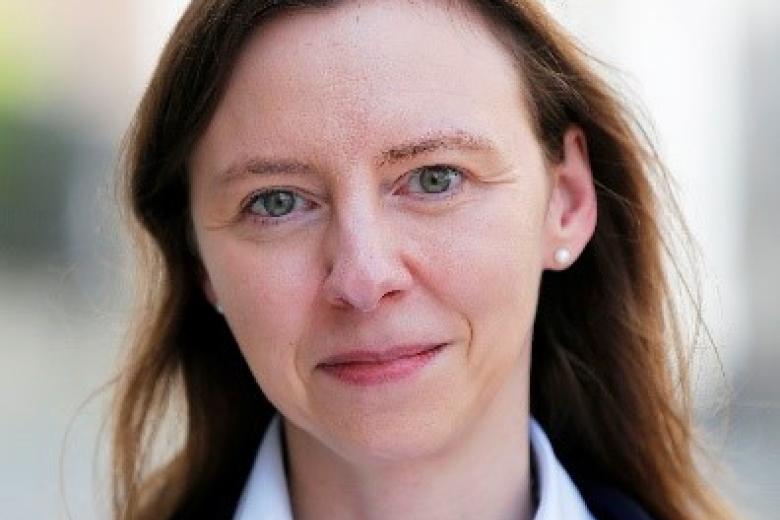
Martin Unfried
Keywords: EU environmental, regional and cross-border policies
EU integration is the dream of a Europe without borders. Belgian and German border territories are an integral part of the daily lives of thousands of people in Maastricht. While there are no more passport controls, differences in legislation still complicate the European dream. Martin Unfried and ITEM research and advocate for people in European cross-border regions.
